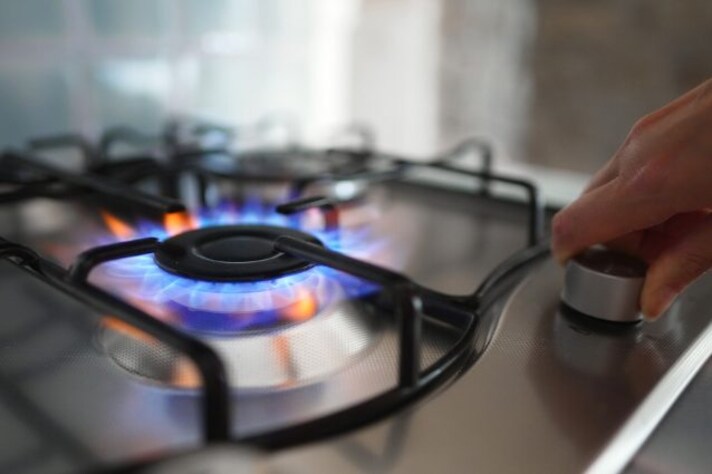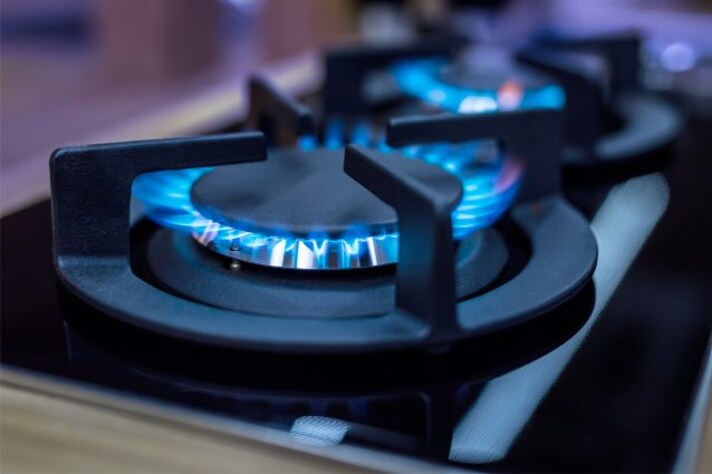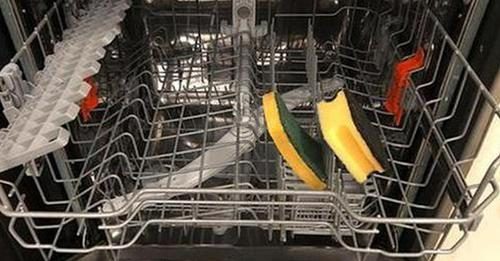Can Stove Grates Go in the Dishwasher? Here’s What You Need to Know
Wondering if you can toss your stove grates in the dishwasher? Below, we explore when it's safe to use the dishwasher for cleaning stove grates and when alternative methods are better. Learn how to clean different materials, such as enamel-coated cast iron and bare cast iron, and get tips on keeping your stove grates in top condition.

Stove grates are notorious for collecting grease, food particles, and grime, making them one of the most challenging parts of your kitchen to clean. A common question many home cooks have is whether these grates can be tossed in the dishwasher for an easy clean. While it might seem like a convenient solution, the answer depends on the material of your stove grates and the manufacturer's recommendations. Ahead, you’ll find the proper way to safely use the dishwasher and when alternative cleaning methods are better suited.
When Can You Put Stove Grates in the Dishwasher?
Stove grates made of enamel-coated cast iron are generally dishwasher-safe. The enamel coating protects the cast iron from rust and wear, making it more durable for handling the high heat and moisture inside a dishwasher. However, it's essential to check the manufacturer’s guidelines for your specific stove model, as some grates may have special coatings that could be damaged by harsh dishwasher detergents.
If your stove grates are labeled dishwasher-safe, you can load them on the bottom rack of your dishwasher. Use a normal wash cycle with a grease-fighting detergent. However, for the best results, it’s a good idea to pre-soak or scrub any heavily soiled areas before placing them in the dishwasher, as food buildup may not completely come off during the wash.

When You Should Avoid the Dishwasher
If your stove grates are made of bare cast iron or have special finishes, they should not be placed in the dishwasher. Cast iron grates are prone to rust, especially if they are left exposed to water for extended periods. The high moisture environment of a dishwasher can strip away the seasoning on cast iron, leaving it vulnerable to rust and damaging its performance over time.
If you have cast iron stove grates, then the best cleaning method is by hand. You can scrub them with a mixture of warm water and a mild detergent using a stiff brush or non-abrasive scrubber. To remove stubborn grease or food residue, you can soak the grates in a solution of vinegar and water or use baking soda as a natural abrasive. After cleaning, ensure the grates are completely dry to prevent rusting, and re-season them with a thin layer of oil if needed.

Additional Tips for Keeping Stove Grates Clean
To minimise the need for deep cleaning, consider these preventative tips:
After cooking, wipe down your stove grates with a damp cloth to remove any fresh spills or grease before they harden. For stubborn stains, use a stovetop cleaner that is safe for the grate’s material. These cleaners are designed to cut through grease without damaging the surface. Even with regular maintenance, stove grates will need a thorough cleaning from time to time. Soaking them in a hot, soapy water bath can help loosen grime before scrubbing.
;Resize,width=767;)
;Resize,width=712;)

;Resize,width=712;)
